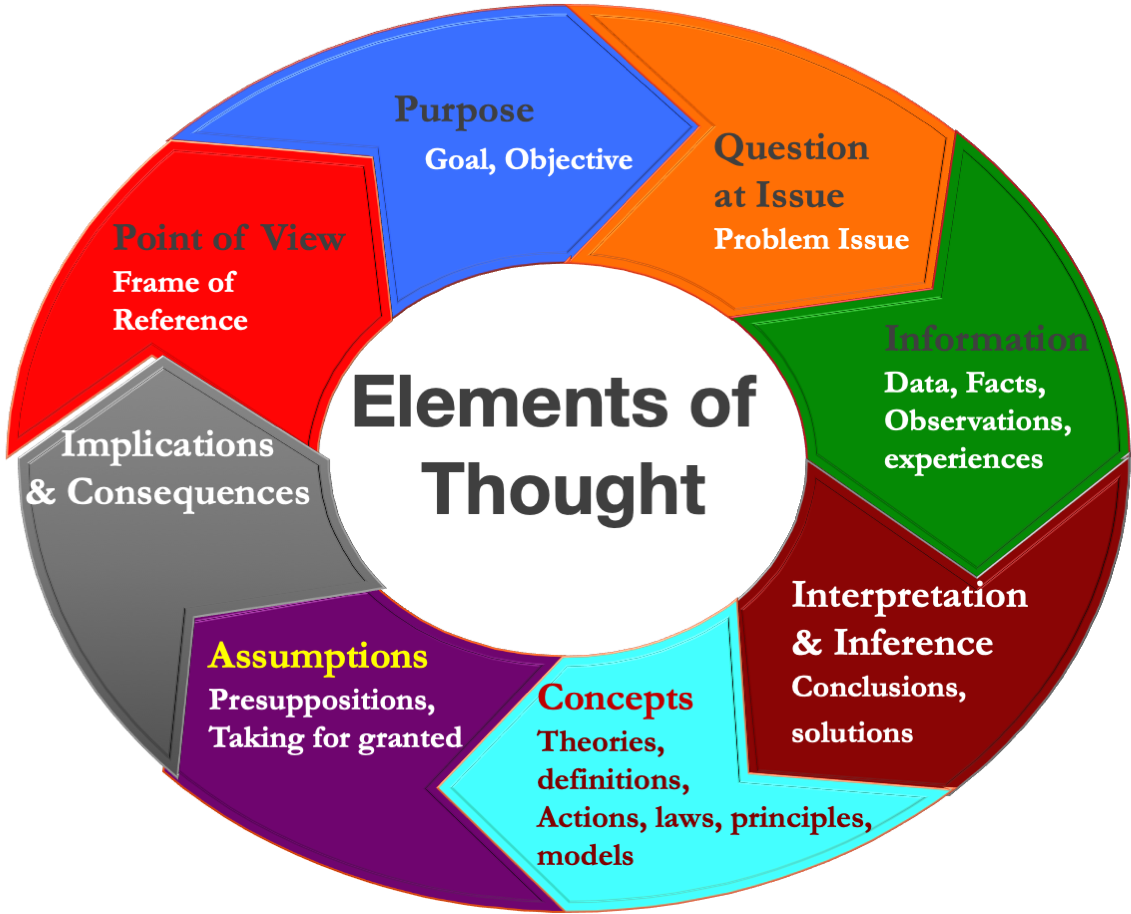Foundations & Fundamentals: The Importance of Critical Thinking in Risk Assessments
“Learn from yesterday, live for today, hope for tomorrow. The important thing is not to stop questioning.”
- Albert Einstein
In Part III of this series we examine Critical Thinking. So, how does one conduct a risk analysis and assessment in this environment? There are numerous ways in which to conduct this process and, depending on your situation, every way is done differently. Potentially, every one of these approaches could be correct. It simply depends. However, it has been my experience that nothing can be left to chance. The order of things has to follow a logical, detailed, and systematic process. A venerable and esteemed colleague of mine, Thomas Norman, in his book – “Risk Analysis and Security Countermeasures Selection,” said it best:
“Critical thinking is to thinking as economics is to money management. Critical thinking applies a scientific process to the act of thinking that helps result in far superior conclusions and helps the thinker to support his/her conclusions with rational and defendable arguments...
Critical thinking helps assure that personal weaknesses, prejudices, or personal agendas are not forwarded as part of the conclusions...
Critical thinking is important because it enables one to think about a problem more completely and to consider many factors that may not be intuitively apparent.”[1]
We exist in a knowledge-based culture. The more critical you think the better your knowledge. Critical Thinking equips you with skills to analyze and evaluate information so that you are able to obtain the greatest command of knowledge presented. It establishes the best foundation for making the correct decisions and minimizes risks if a mistake does occur.
Critical Thinking will lead to being a more rational and disciplined thinker. It will reduce your prejudice and bias and provide you with a better awareness of your environment. Critical Thinking will provide you the skills to evaluate, identify, and distinguish between relevant and irrelevant information.
The Importance of Critical Thinking
Critical Thinking:
Assures that conclusions are all relevant to the issue under consideration.
Helps the thinker reach conclusions that are true to the purpose of consideration of the issue.
Helps assure that relevant theories, definitions, axioms, laws, principles, or models underlying the issue are considered in their proper context.
Reduces the likelihood of personal biases, prejudices, self-deception, distortion, misinformation, and so on being injected into the conclusion process.
Assures that all relevant stakeholders’ points of view are considered, including their concerns, goals, objectives, and intended outcomes.
Considers all relevant evidence and excludes irrelevant evidence, including relevant and irrelevant data and experiences.
Clarifies for the thinker what assumptions are being taken for granted and considers the relevance of those assumptions to the issue at hand.
Considers the implications and possible consequences of various possible recommended courses of action.
Helps the thinker infer conclusions from the evidence in the light of all other considerations listed above.
Elements of Thought
Point of view is unquestionably “the origin” from which you observe something. It involves perspective and outlook. It is necessary to comprehend your limits and take into consideration other relevant viewpoints. Next is your purpose that defines your objectives, direction, and what your trying to accomplish. This leads to what the exact issue at hand is leading into what information, data, facts, and observations you will need to uncover to fully give substance to your thoughts. The succeeding three steps stem from that data gathering and influence the necessary interpretation, applicable laws and principles and, eventually, assumptions that need to be considered. Ultimately this causes certain implications and consequences - essentially, thinking through scenarios before acting upon the information you have.
[1]Norman, Thomas L. Risk Analysis and Security Countermeasure Selection, Second Edition, p. 71. CRC Press.
The whole point is to be thorough, accurate, systematic, and methodical when reviewing and looking over risks that affect projects that are being worked on or the business itself.


